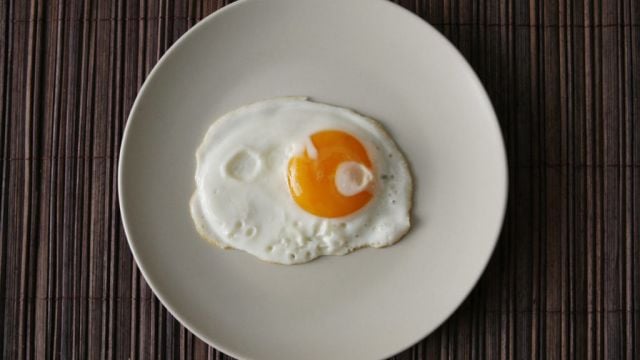Eating less may help people live longer but only if they do not lose too much weight, scientists have said.
New research on mice has found those that lost the least weight while consuming less food compared to peers were the ones that lived the longest.
However, the team said rodents’ genes played a far bigger role on their lifespan than diet, despite the widely held belief that eating fewer calories can generally slow down ageing and lengthen life.
The researchers said they were able to identify “genetically-encoded resilience” as “a critical factor” in longevity, where mice were able to maintain their body weight despite eating less or going through stress.
The team said further research is needed to explore whether restrictive diets such as intermittent fasting – an eating plan that alternates between periods of eating and fasting – and calorie restriction – which involves reducing the amount of calories consumed while still getting enough nutrients – can extend lifespan in humans.
But they also added the findings, published in the journal Nature, could have implications on how diet studies are conducted on humans.
Gary Churchill, a professor at The Jackson Laboratory in the US, said: “Our study really points to the importance of resilience.
“The most robust animals keep their weight on even in the face of stress and caloric restriction, and they are the ones that live the longest.
“It also suggests that a more moderate level of calorie restriction might be the way to balance long-term health and lifespan.”
For the study, the researchers investigated the effects of intermittent fasting and calorie restriction on nearly 1,000 female mice, focusing on their overall health and lifespan.
The scientists said each mouse was selected to be genetically distinct, which “allowed the team to better represent the genetic diversity of the human population” and made the study “one of the most significant investigations into ageing and lifespan to date”.
The mice were randomly assigned to one of five different diets.
The first group was allowed to freely eat any food at any time, while in the second and third groups, the animals were provided only 60 per cent or 80 per cent of their baseline calories each day.
In the final two groups, the mice were not given any food for either one or two consecutive days each week but could eat as much as they wanted on the other days.
The creatures were studied for the rest of their lives with regular blood tests looking at health markers such as body weight, body fat percentages, blood sugar levels and body temperature.
The team found that mice on unrestricted diets lived for an average of 25 months, those on the intermittent fasting diets lived for an average of 28 months, those eating 80 per cent of baseline lived for an average of 30 months, and those eating 60 per cent of baseline lived for 34 months.
They found animals that lost the most weight were likely to have low energy, compromised immune and reproductive systems, and shorter lives.
And mice that naturally maintained their body weight, body fat percentage and immune cell health during low food intake were found to survive the longest.
But the researchers said that within each group, they found the range of lifespans varied widely.
The team said that in the group where mice ate the fewest calories, the creatures had lifespans ranging from a few months to four-and-a-half years.
Analysing data to try to explain this wide range, the researchers said they found genetic factors, which are yet to be identified, had a far greater impact on lifespan than diets.
They said this highlights how underlying genetic features could play “a major role in how these diets would affect an individual person’s health trajectory”.
Prof Churchill said: “If you want to live a long time, there are things you can control within your lifetime such as diet, but really what you want is a very old grandmother.”
He added: “While caloric restriction is generally good for lifespan, our data show that losing weight on caloric restriction is actually bad for lifespan.
“So when we look at human trials of longevity drugs and see that people are losing weight and have better metabolic profiles, it turns out that might not be a good marker of their future lifespan at all.”







